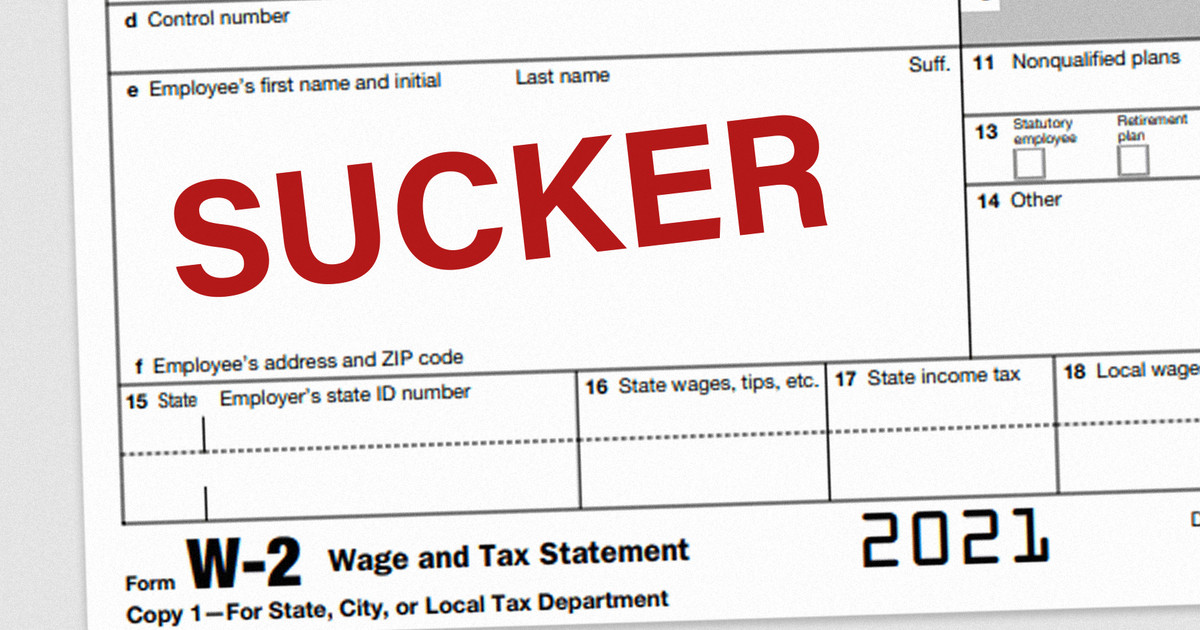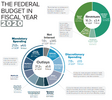- Joined
- Nov 21, 1998
- Messages
- 12,577
- Reaction score
- 6,986

“If You’re Getting a W-2, You’re a Sucker”
There are many differences between the rich and the rest of us, but one of the most consequential for your taxes is whether most of your income comes from wages.
"Under the current system, said John Sabelhaus, a former Federal Reserve economist and one of the study’s authors, “if you’re getting a W-2, you’re a sucker.” This basic divide is also apparent in how tax laws are enforced. To the IRS, the average worker is an open book, since all their income is disclosed on those W-2s and 1099s. Should they enter an errant number on their tax return, a computer at the agency can easily catch it."


